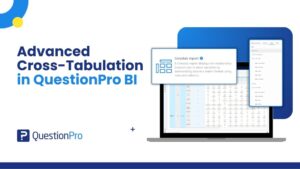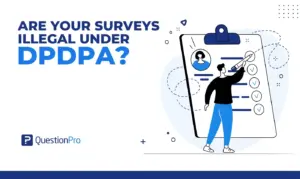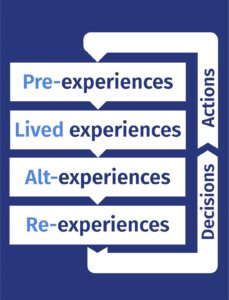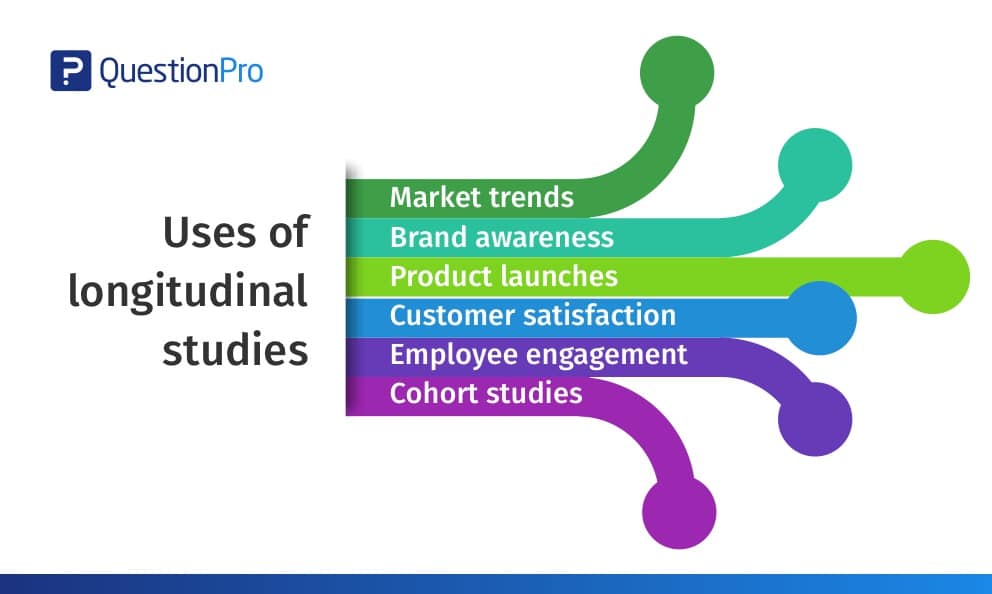
Longitudinal study has become a vital part of research in different fields. They not only help to identify or predict change but also help to measure its magnitude. In today’s world, we must be aware of how things change over time and through interaction.
By following those experiences of the same individuals or groups over long periods, researchers can determine patterns and trends that illustrate how those events influence lives.
Let’s take a closer look at the defining characteristics of longitudinal studies, review the pros and cons of this type of longitudinal research, and share some useful longitudinal study examples.
What is a Longitudinal Study?
A longitudinal study is a research conducted over an extended period of time. It is mostly used in medical research and other areas like psychology or sociology.
When using this method, a longitudinal survey can pay off with actionable insights when you have the time to engage in a long-term research project.
Longitudinal studies often use surveys to collect data that is either qualitative or quantitative. Additionally, in a longitudinal study, a survey creator does not interfere with survey participants. Instead, the survey creator distributes questionnaires over time to observe changes in participants, behaviors, or attitudes.
Many medical studies are longitudinal; researchers note and collect data from the same subjects over what can be many years.
Types of Longitudinal Studies
Longitudinal studies are versatile, repeatable, and able to account for quantitative and qualitative data. Consider the three major types of longitudinal studies for future research:
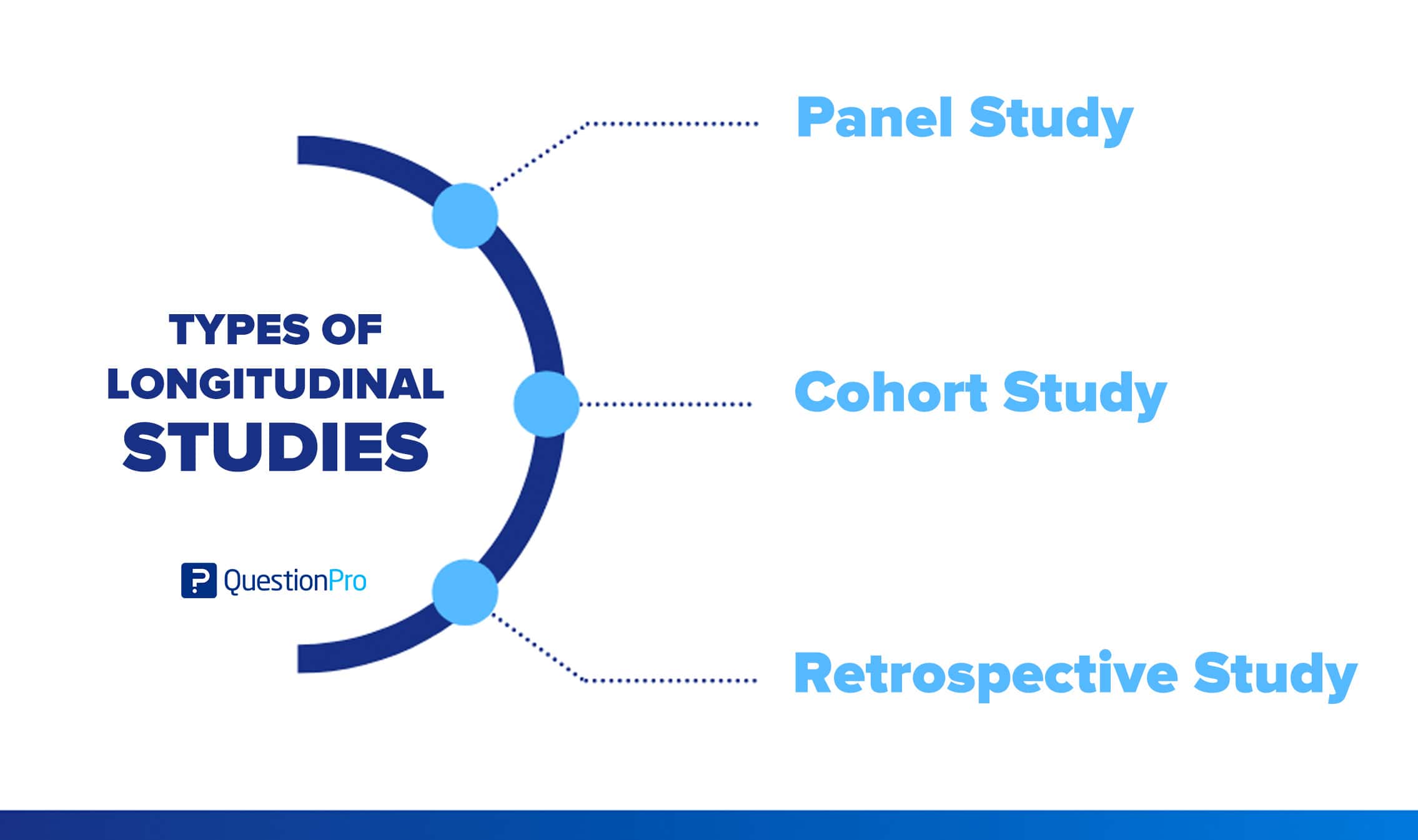
1. Panel Study
A panel survey involves a sample of people from a more significant population and is conducted at specified intervals for a more extended period.
One of the panel study’s essential features is that researchers collect data from the same sample at different points in time. Most panel studies are designed for quantitative analysis, though they may also be used to collect qualitative data and unit of analysis.
2. Cohort Study
A cohort study samples a cohort (a group of people who typically experience the same event at a given point in time). Medical researchers tend to conduct cohort studies. Some might consider clinical trials similar to cohort studies.
In cohort studies, researchers merely observe participants without intervention, unlike clinical trials in which participants undergo tests.
3. Retrospective Study
A retrospective study uses already existing longitudinal data, collected during previously conducted research with similar methodology and variables.
While doing a retrospective study, the researcher uses an administrative database, pre-existing medical records, or one-to-one interviews.
Advantages And Disadvantages of Conducting longitudinal Surveys
As we’ve demonstrated, a longitudinal study is useful in science, medicine, and many other fields. There are many reasons why a researcher might want to conduct a longitudinal study. One of the essential reasons is, longitudinal studies give unique insights that many other types of research fail to provide.
Advantages of Longitudinal Studies
- Greater validation: For a long-term study to be successful, objectives and rules must be established from the beginning. As it is a long-term study, its authenticity is verified in advance, which makes the results have a high level of validity.
- Unique data: Most research studies collect short-term data to determine the cause and effect of what is being investigated. Longitudinal surveys follow the same principles but the data collection period is different. Long-term relationships cannot be discovered in a short-term investigation, but short-term relationships can be monitored in a long-term investigation.
- Allow identifying trends: Whether in medicine, psychology, or sociology, the long-term longitudinal study design enables trends and relationships to be found within the data collected in real time. The previous data can be applied to know future results and have great discoveries.
- Longitudinal surveys are flexible: Although a longitudinal study can be created to study a specific data point, the data collected can show unforeseen patterns or relationships that can be significant. Because this is a long-term study, the researchers have a flexibility that is not possible with other research formats.
Additional data points can be collected to study unexpected findings, allowing changes to be made to the survey based on the approach that is detected.
Disadvantages of Longitudinal Studies
- Research time
The main disadvantage of longitudinal surveys is that long-term research is more likely to give unpredictable results. For example, if the same person is not found to update the study, the research cannot be carried out. It may also take several years before the data begins to produce observable patterns or relationships that can be monitored. - An unpredictability factor is always present
It must be taken into account that the initial sample can be lost over time. Because longitudinal studies involve the same subjects over a long period of time, what happens to them outside of data collection times can influence the data that is collected in the future.
Some people may decide to stop participating in the research. Others may not be in the correct demographics for research. If these factors are not included in the initial research design, they could affect the findings that are generated. - Large samples are needed for the investigation to be meaningful
To develop relationships or patterns, a large amount of data must be collected and extracted to generate results. - Higher costs
Without a doubt, the longitudinal survey is more complex and expensive. Being a long-term form of research, the costs of the study will span years or decades, compared to other forms of research that can be completed in a smaller fraction of the time.

The advantages and disadvantages of longitudinal studies show us that there is enormous value in the ability to find long-term patterns and relationships, so it is important to plan and take the necessary steps to avoid potential bias.
Longitudinal Studies Vs. Cross-Sectional Studies
Longitudinal studies are often confused with cross-sectional studies. Unlike longitudinal studies, where the research variables can change during a study, a cross-sectional study observes a single instance with all variables remaining the same throughout the study.
A longitudinal study may follow up on a cross-sectional study to investigate the relationship between the variables more thoroughly.
| Longitudinal Studies | Cross-Sectional Studies |
| Longitudinal studies take a longer time, from years to even a few decades. | Cross-sectional studies are quick to conduct compared to longitudinal studies. |
| A longitudinal study requires an investigator to observe the participants at different time intervals. | A cross-sectional study is conducted over a specified period of time. |
| Longitudinal studies can offer researchers a cause and effect relationship. | Cross-sectional studies cannot offer researchers a cause-and-effect relationship. |
| In longitudinal studies, only one variable can be observed or studied. | With cross-sectional studies, different variables can be observed at a single moment. |
| Longitudinal studies tend to be more expensive. | Cross-sectional studies are more accessible for companies and researchers. |
The longitudinal design of the study is highly dependent on the nature of the research questions. Whenever a researcher decides to collect data by surveying their participants, what matters most are the questions that are asked in the survey.
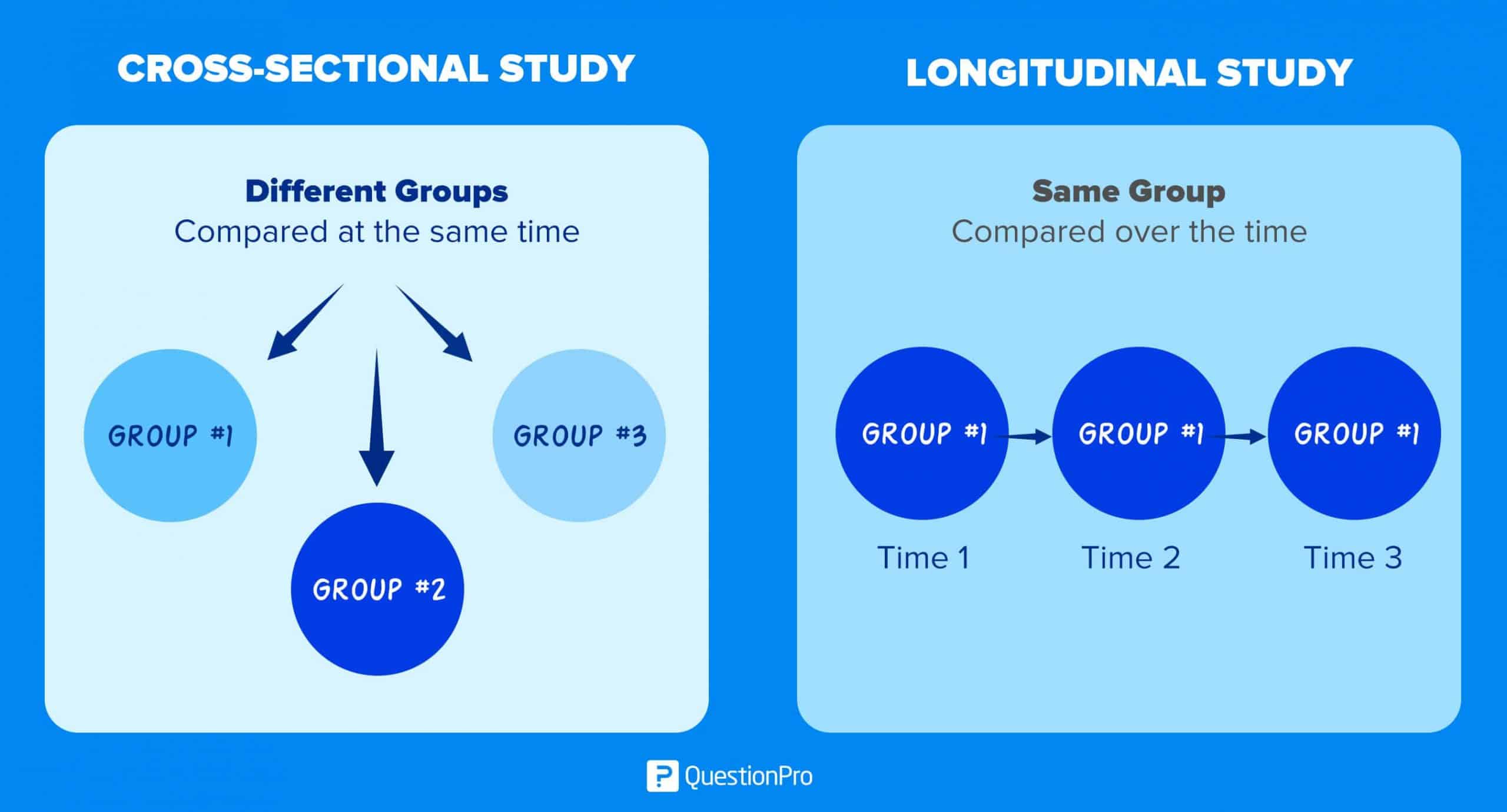
Knowing what information a study should gather is the first step in determining how to conduct the rest of the study.
Types of Surveys That Use a Longitudinal Study
With a longitudinal study, you can measure and compare various business and branding aspects by deploying surveys. Some of the classic examples of surveys that researchers can use for longitudinal studies are:
Market trends and brand awareness: Use a market research survey and marketing survey to identify market trends and develop brand awareness.
Through these surveys, businesses or organizations can learn what customers want and what they will discard. This study can be carried over time to assess market trends repeatedly, as they are volatile and tend to change constantly.
Product feedback: If a business or brand launches a new product and wants to know how it is faring with consumers, product feedback surveys are a great option.
Collect feedback from customers about the product over an extended time. Once you’ve collected the data, it’s time to put that feedback into practice and improve your offerings.
Customer satisfaction: Customer satisfaction surveys help an organization get to know the level of satisfaction or dissatisfaction among its customers.
A longitudinal survey can gain feedback from new and regular customers for as long as you’d like to collect it, so it’s useful whether you’re starting a business or hoping to make some improvements to an established brand.
Employee engagement: When you check in regularly over time with a longitudinal survey, you’ll get a big-picture perspective of your company culture.
Find out whether employees feel comfortable collaborating with colleagues and gauge their level of motivation at work.
Longitudinal Study Examples
Now that you know the basics of how researchers use longitudinal studies across several disciplines let’s review the following examples:
Example 1: Identical Twins
Consider a study conducted to understand the similarities or differences between identical twins who are brought up together versus identical twins who were not. The study observes several variables, but the constant is that all the participants have identical twins.
In this case, researchers would want to observe these participants from childhood to adulthood, to understand how growing up in different environments influences traits, habits, and personality.
Over many years, researchers can see both sets of twins as they experience life without intervention. Because the participants share the same genes, it is assumed that any differences are due to environmental analysis, but only an attentive study can conclude those assumptions.
Example 2: Violence and Video Games
A group of researchers is studying whether there is a link between violence and video game usage. They collect a large sample of participants for the study. To reduce the amount of interference with their natural habits, these individuals come from a population that already plays video games. The age group is focused on teenagers (13-19 years old).
The researchers record how prone to violence participants in the sample are at the onset. It creates a baseline for later comparisons.
Now the researchers will give a log to each participant to keep track of how much and how frequently they play and how much time they spend playing video games. This study can go on for months or years. During this time, the researcher can compare video game-playing behaviors with violent tendencies. Thus, investigating whether there is a link between violence and video games.
QuestionPro Research Suite for Longitudinal Studies
QuestionPro Research Suite is a versatile platform for various research endeavors, including longitudinal studies. Here’s how QuestionPro can support longitudinal studies:
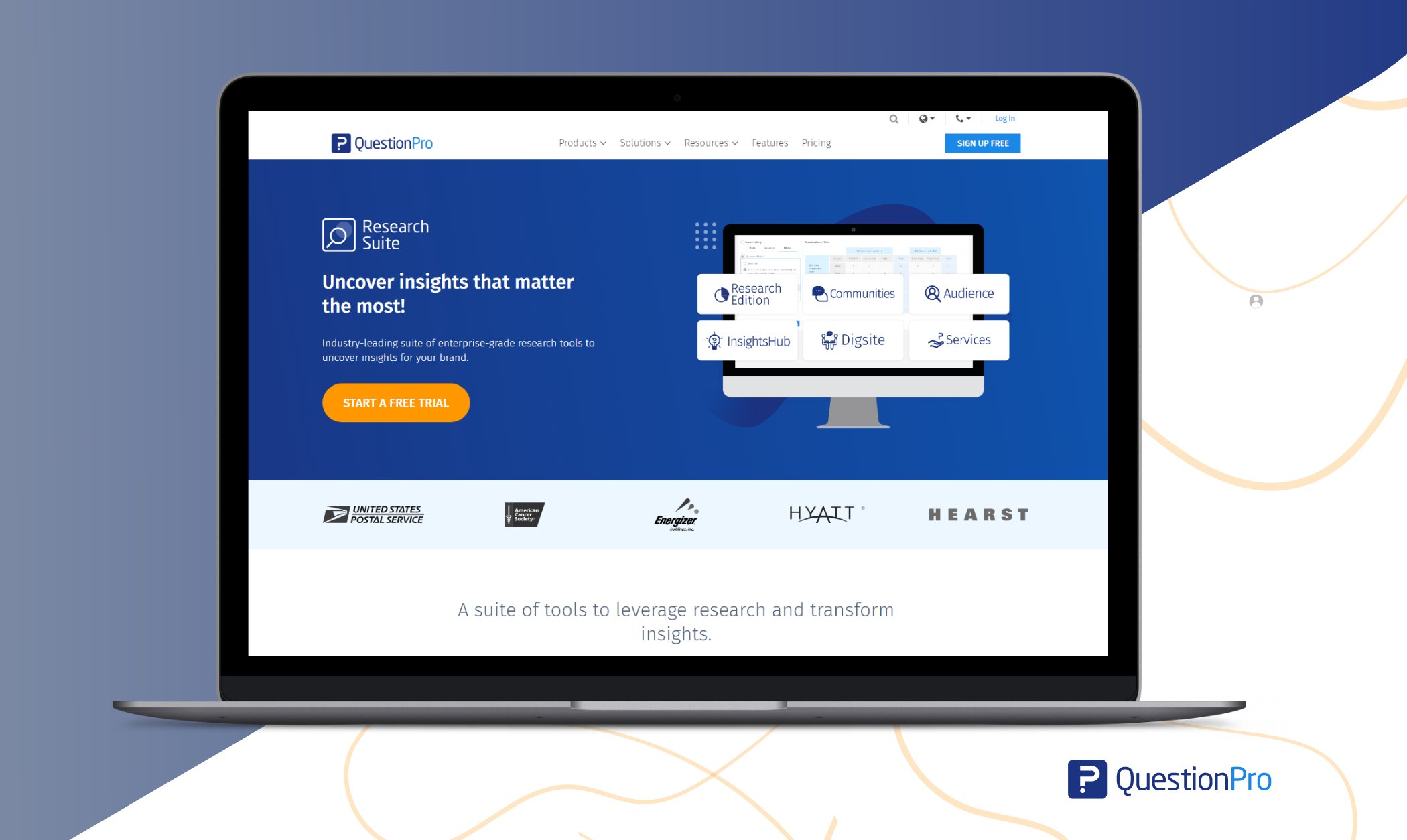
1. Survey Design and Customization
QuestionPro provides effective tools for creating personalized surveys. It enables researchers to customize questions according to particular timeframes or significant events in a participant’s life.
2. Panel Management
- Longitudinal studies require tracking the same participants over multiple points in time. QuestionPro provides tools for managing and engaging with research panels.
- Researchers can easily track participants, monitor their engagement levels, and send automated follow-up surveys at specific intervals.
3. Advanced Analytics
The platform offers advanced analytical tools, such as time series and trend analysis, essential for interpreting longitudinal data. Researchers can analyze how responses change and generate detailed reports to identify trends or correlations.
4. Cross-Sectional and Longitudinal Data Comparison
QuestionPro helps researchers to compare data from different periods. This is critical for identifying patterns in behavior or attitudes and helping to answer longitudinal research questions about cause and effect.
Use Cases for Longitudinal Studies with QuestionPro
- Healthcare Research: Tracking patient outcomes over time to understand the long-term effects of treatments.
- Social Research: Studying societal changes, such as shifts in public opinion, behaviors, or demographics.
QuestionPro Research Suite is an effective platform for various research types, including longitudinal studies.
Conclusion
A longitudinal study is so powerful as a study design that it cannot and should not be avoided. Researchers can track the same group of subjects for lengthy durations, extending their observations across different stages of life or development. By doing so, they can identify trends, risk factors, causality, and the effects of interventions in actual settings.
Longitudinal studies can be prospective studies, where researchers follow participants forward in time, or retrospective studies, where they look back at data from earlier periods.
Conducting a longitudinal study with surveys is straightforward and applicable to almost any discipline. With our survey software you can easily start your own survey today.
Frequently Asked Questions( FAQs)
A longitudinal study is a research conducted over an extended period of time. It is mostly used in medical research and other areas like psychology or sociology.
A longitudinal study tracks the same subjects over an extended period to observe changes and trends over time. It can involve various groups or individuals regardless of shared characteristics.
A cohort study is a type of longitudinal study. It focuses on a specific group (or cohort) with a common characteristic, such as age or exposure to a particular risk factor. It follows them over time to study outcomes related to that characteristic.
Longitudinal studies track the same participants over time, allowing for cause-and-effect analysis, but are time-consuming and costly.
In contrast, cross-sectional studies are quick and cost-effective, observing different variables simultaneously but cannot establish causality.




